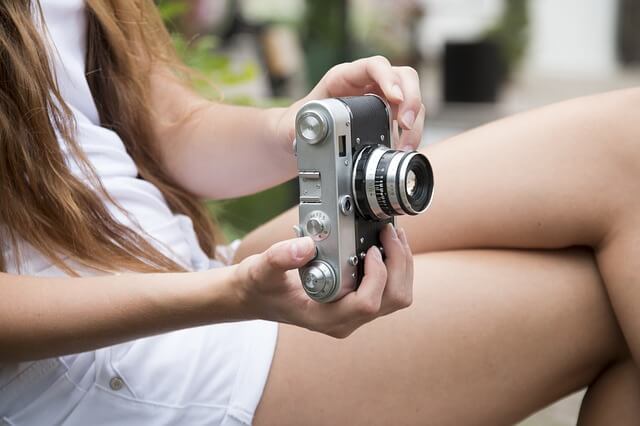High End Camera Lens Trials: Renting Lenses Before You Buy

Renting Lets You Try Before You Buy
Let’s say you’re a pretty good pro-am photographer. You’ve spent a lot of time shooting portraits, and now you’re looking for something different. Maybe you want to shoot weddings, or action scenes, or still life, or complex nature scenes or something else entirely.
A good lens rental company can open up a host of opportunities for you without you having to commit to anything.
If you only have experience with a particular kind of lens, rentals help you “branch out” and discover new lenses or new ways to use lenses you might be familiar with but haven’t had enough shoot time with.
Why You Might Not Need A Piece Of Equipment
Sometimes, it’s easy to fall into the trap of thinking that you need a particular piece of equipment. For example, you’re going to a wedding shoot, and you need a wide angle lens for that wedding party shot.
But, what if most of your shots are done with a macro or a normal 35mm lens? Here’s where a rental lens comes in handy. You simply rent one out for the wedding, return it, and you’re only out the rental costs.
Buying a lens, in this scenario, simply doesn’t pay. You might not even make back your purchase price from the fee, depending on the lens you purchased.
You Might Not Have The Money
It can be embarrassing to admit, but maybe you don’t have the money right now. When you’re first starting out, usually the only way you can get your hands on nice equipment is to rent it. That’s OK. It gives you time to experiment without making commitments and without going into serious debt.
And, that kind of self-exploration can help you find your “voice” so to speak.
But, if you’re broke, this might be the only way to pick yourself up by your own bootstraps.
The Shoot Is Dangerous
Let’s say you’re going to be shooting on the beach, or in a gorge, or somewhere else where you wouldn’t want to risk your own lens being damaged. Take a rental. Sure, the rental company might make you pay for the cost of the damage, but that’s only if you don’t pick up the insurance with the lens rental – which you absolutely should do.
Lens rental insurance works like any other insurance. It protects you in case something catastrophic happens to that $1,000 or $5,000 lens.
Since you probably don’t want to buy a new lens, or maybe you can’t afford to, renting for extreme shoots makes the most sense. It’s also the cheapest option in this context.
You Just Don’t Know What You’re Doing
It’s OK to admit it.
If you don’t know what you’re doing with a particular lens, why spend thousands of dollars on one? With a rental, you’re only paying for the use for the day or weekend, at most. Sure, some companies let you rent for weeks before they make you buy the thing.
But, normally, if you want to play around with something, you can do that inside of a weekend.
For example, let’s say you want to try your hand at a fisheye lens. This is a lens that many photographers, even professionals, regard as a toy or a joke lens. But, some professionals have learned the secret to capturing amazing photographs with them.
Did you know that some photographers don’t even use the viewfinder on a fisheye lens? For action shots, you might just have a strap and autofocus or “servo” mode on. But, in the majority of “staged” shots, you’ll need to use an angle finder.
You’d play around with this lens for several days before you figured that out.
Another trick when using fisheye lenses is to use an aperature priority of F5.6-8, ISO 100. And, make sure you shoot really close to the subject maintaining about a one foot distance for portrait shots.
But, what if you’re looking for basic lens practice? Renting a lens is ideal for this sort of thing. You can practice manual focusing, zooming, aperture control, ISO, and shutter button control. Some lenses also have image stabilization settings that you need to become familiar with – both on and off a tripod.
Matthew Bruce is the founder and CEO of Resolution Rentals, a professional film/video and photography production house. They are committed to equipping their clients with the video and audiovisual tools they need, anytime, anywhere throughout the USA. Currently, Matthew is studying at Harvard Kennedy School for a Master of Public Policy degree.

